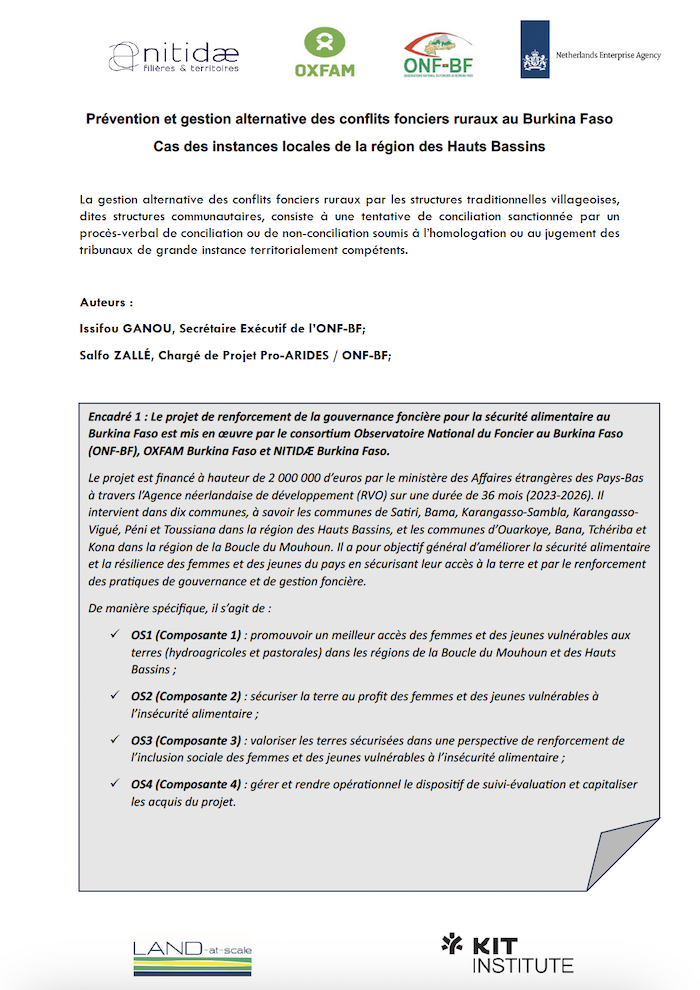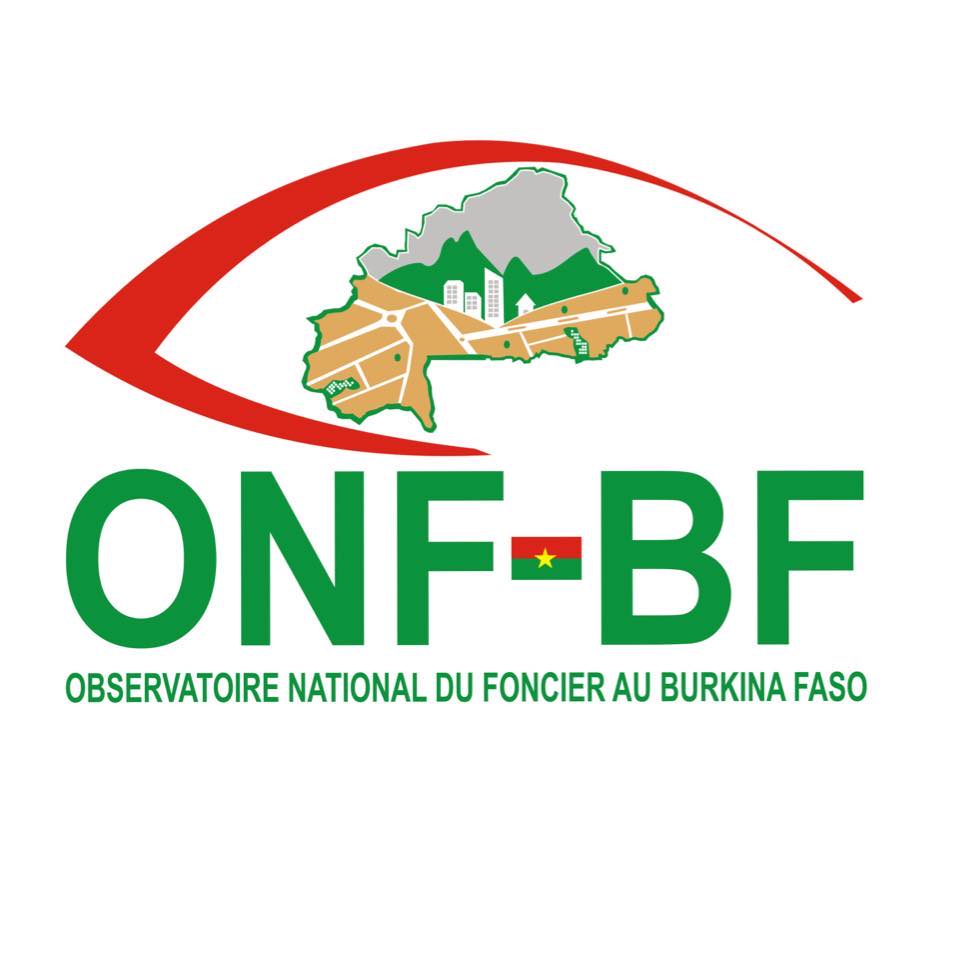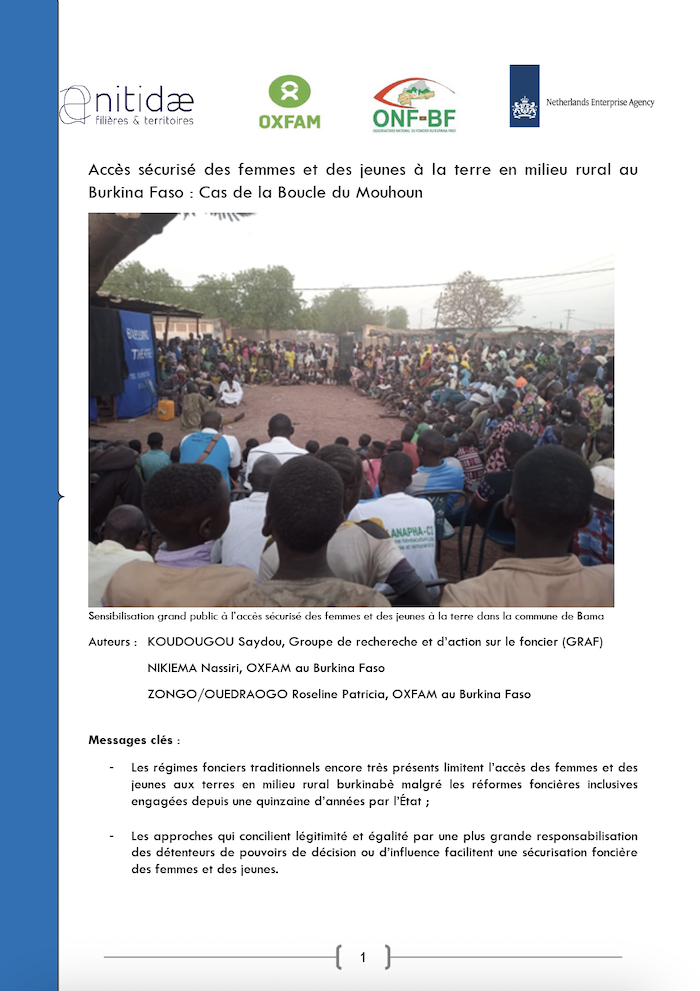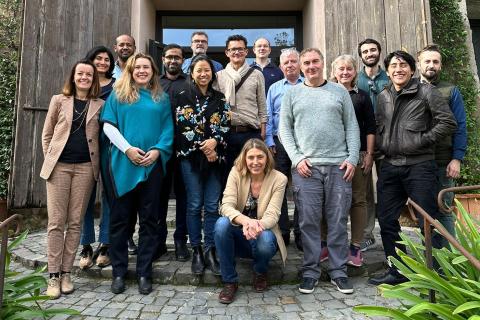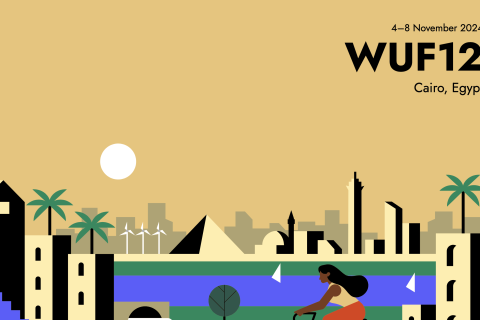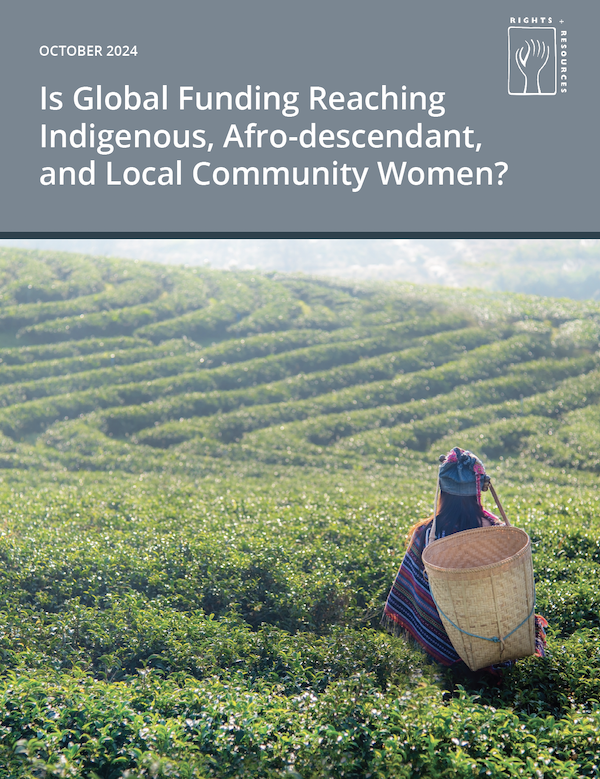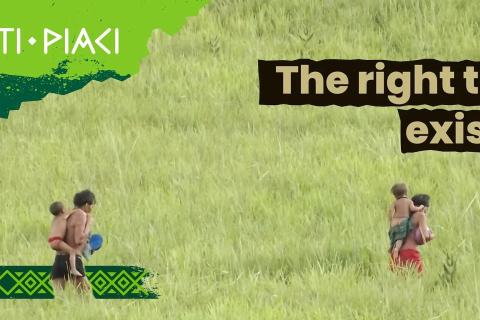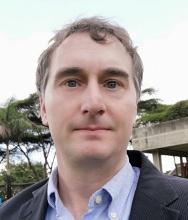
Topics and Regions
Neil Sorensen joined the Land Portal as its Communications Specialist in October 2015. He has extensive experience leading communications for international organizations and developing relationships with civil society, donors, intergovernmental agencies, the media and the private sector. Previously, Neil worked for the International Fund for Agriculture Development (IFAD) as a Governing Bodies Officer and Strategic Adviser to the Secretary of IFAD. He has also led communications for three international organizations, including the International Land Coalition, the International Federation of Agricultural Producers (IFAP) and the International Federation of Organic Agriculture Movements (IFOAM). He holds a Master’s degree in Global Diplomacy from the University of London School of Oriental and African Studies (SOAS) as well as a Bachelor’s degree with a double major in German and Sociology from St. Cloud State University.
Details
Location
Contributions
Displaying 11 - 20 of 1170Prévention et gestion alternative des conflits fonciers ruraux au Burkina Faso
Au Burkina Faso, on constate que la gestion des ressources foncières n’a jamais été sans poser de problèmes depuis les années 1960. La plupart de ces difficultés sont dues au fait que les populations rurales vivent sur des acquis traditionnels où la terre est une propriété lignagère ou familiale reconnue par toutes les autorités coutumières. La faible sécurisation des terres rurales par des actes administratifs ou juridiques s’explique par le dysfonctionnement des structures et instances de sécurisation foncière et de gestion des conflits instituées par la loi.
Accès sécurisé à la terre des personnes déplacées internes au Burkina Faso
Le Burkina Faso est un pays sahélien, enclavé au cœur de l’Afrique de l’Ouest, dont l’économie s’appuie essentiellement sur l’agriculture et l’élevage. L’avènement du changement climatique, la prolifération des sociétés immobilières, le boom minier et les mouvements de populations ont contribué à augmenter la pression foncière et exacerbé la pauvreté et les conflits fonciers, mettant à rude épreuve le vivre ensemble. Cette pression foncière est accrue par le déplacement massif de la population dû à la crise sécuritaire qui secoue le pays depuis près de dix ans.
Observatoire National du Foncier au Burkina Faso
L’ONF-BF a pour mission de contribuer à l’amélioration de la gouvernance foncière à travers la production et la diffusion d’informations foncières en vue de faire du foncier, un facteur de développement durable.
Accès sécurisé des femmes et des jeunes à la terre en milieu rural au Burkina Faso : Cas de la Boucle du Mouhoun
Le droit d’accès à la terre et à la propriété foncière, tant pour les femmes et les jeunes que pour les hommes, donne lieu à de multiples avantages qui favorisent l’élimination de la pauvreté. Cette appropriation procure une sécurité de production pour garantir une sécurité alimentaire et elle confère une certaine autonomie d’existence. Cependant, les femmes et les jeunes sont souvent plus marginalisés que les hommes dans l’accès à la terre.
Exploring diversity, equity, and inclusion at the Land Portal
The Third Arab Land Conference
The Government of Morocco is hosting the Third Arab Land Conference in Rabat on the 18-20 February 2025.
The Twelfth Session of the World Urban Forum (WUF12)
WUF12 will focus on localizing the Sustainable Development Goals, shedding light on the local actions and initiatives required to curb the current global challenges affecting the daily life of people, including unaffordable housing, rising living costs, climate change, the lack of basic services, and ongoing conflicts.
It all starts locally.
Is Global Funding Reaching Indigenous, Afro-descendant, and Local Community Women?
In response to the dearth of data on funding for women and the need to support international advocacy promoting direct funding to IP, ADP, and LC women’s groups and organizations, the Rights and Resources Initiative (RRI) initiated a bottom-up research effort to build a baseline for measuring funding levels reaching community women on the ground and assess the extent to which existing grants and funding mechanisms are considered fit-for-purpose by recipient organizations.
“Indigenous, Afro-descendant and local community women around the world receive less than 1 percent of international financial support to address climate change,” says new study launched at COP16
- Investment in gender equality is declining and Indigenous and Afro-descendant women's rights organizations are especially marginalized.
- Between 2016 and 2020, of the $28.5 billion in Official Development Assistance (ODA) Funds designated to support women and girls, only 1.4% went to organizations working with Indigenous women.
- In 2018-2019, Afro-descendant women, girls and trans people received less than 0.5% of global funding.
A call for the inclusion of Indigenous Peoples in Isolation in National Biodiversity Strategies and Action Plans
In the crucial context of the COP16 on Biodiversity, the International Working Group for the Protection of Indigenous Peoples in Isolation and Initial Contact (PIACI) extends a heartfelt invitation to organizations around the world to join our voice in defense of Indigenous Peoples in Isolation and Initial Contact (PIACI). Sign this petition and let's work together to ensure that governments include PIACI in their National Strategies and Action Plans on Biodiversity.

